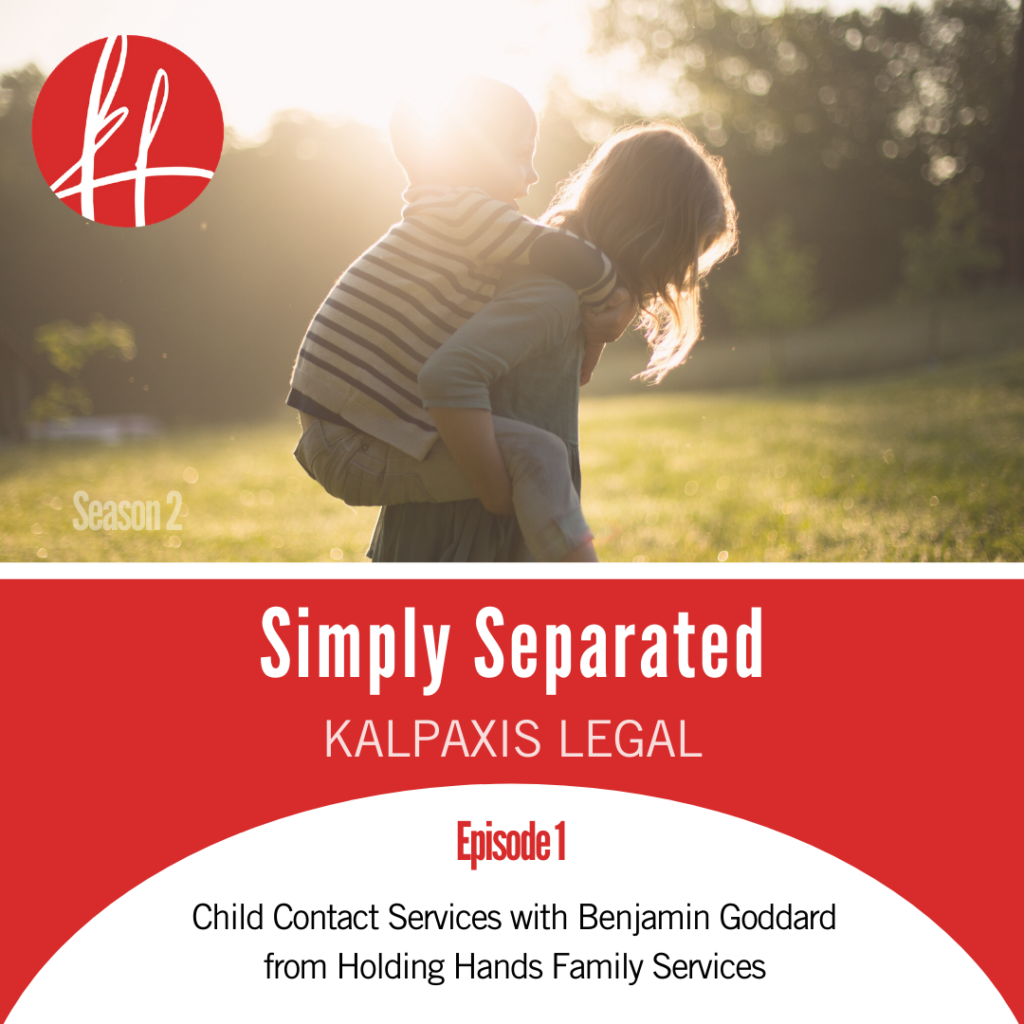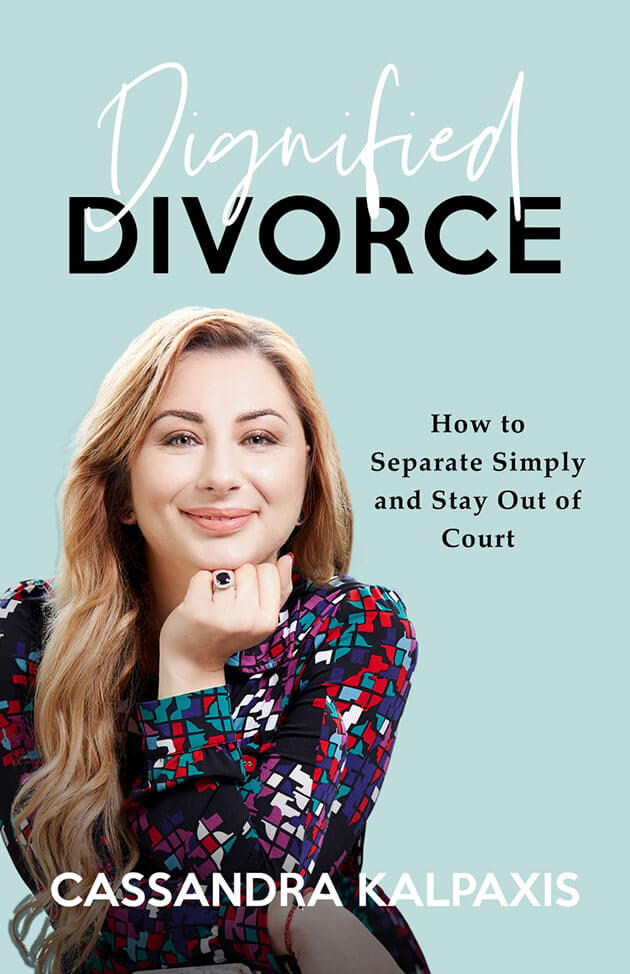[vc_row css_animation=”” row_type=”row” use_row_as_full_screen_section=”no” type=”full_width” angled_section=”no” text_align=”left” background_image_as_pattern=”without_pattern”][vc_column][vc_column_text]
There is a presumption that it is in the best interests of the child for both parents to have Equal Shared Parental Responsibility for the child. It is often mistaken that equal shared parental responsibility is equal time with the child. Equal Shared Parental Responsibility does not mean that the parents will be able to spend equal time or 50/50 time with the child or share equally in the care of the child.
Equal Shared Parental Responsibility means that parents are required to consult and address each other when making decisions about the major long terms issues for the child. These major long term issues include, but are not limited to, the child’s education, religious and cultural upbringing, health and medication, their name, living arrangements, and interstate and international travel. This is contrary to the day to day decisions to be made about the child, including what they eat, what time they go to bed and what they will wear. It is usually the parent who has care of the child on any given day, who will be responsible for decisions about the day to day care and welfare of the child.
If the court decides to make an order for Equal Shared Parental Responsibility this does not mean that the court will make an order for the child to spend equal time with each parent. Alternatively, it means that both parents will have an equal say on major decisions made about the child. It is also important to note that Equal Shared Parental Responsibility is a presumption, meaning that the court can assume that Equal Shared Parental Responsibility is in the best interests of the child, until it is rebutted by the other side. This means that the court does not need to make an order for Equal Shared Parental Responsibility if it is satisfied that allowing both parents to share in the major decision making of the child, is not what is best for the child..
There is no presumption suggesting that the child should spend equal or 50/50 time with both parents. There are various factors that the court will consider when determining the living arrangements of the child, although it is suggested that both parents discuss their child’s individual needs in deciding where the child will live, and how and when they will spend time with each parent.
The courts paramount consideration is the “best interests of the child”. This means that the court is required to have regard to the need to protect the rights of child and to promote their welfare. This means that ensuring that the child receive the necessary and required parenting while also ensuring that parents can fulfil their duties and responsibilities concerning the care, welfare and development of the child. The court can consider any wishes expressed by the child, however it is ultimately up to the court to make an assessment.
Although it is idealistic to have the child spend equal time with both parents, this may not be what is best for the child and their needs. Former Chief Justice of the Family Court of Australia Diana Bryant said that “we do have to be very cautious about forcing children into arrangements which might be seen to be ideologically appropriate but really don’t suit those children”. There are various circumstances that may prevent equal time being unrealistic and inappropriate for the child. Where a parent seeks equal time or shared care, the court is required to examine various factors including, the parties’ capacity to communicate, the physical proximity of the two households, the prior history of caring for the child, the child’s wishes, where siblings live, shared ambitions for the child, and whether the parties can agree on matter relevant to the child’s day to day life.
There is a perception that the courts will always grant the mother primary care of the child and that the father will get the child on the weekends. This is not always the case. Each matter is unique and individual in that it requires a careful assessment by the court to determine what living arrangement is best for the child. It can be argued that it is in the best interests of the child to live primarily with the father, and a court would make a decision in favour of the father if this can be argued.
The court will rarely make a decision that denies contact of one parent with the child, as this could have serious consequences on the child’s development. There are some circumstances where the court may determine that the role of one parent should be limited significantly. This will apply in circumstances where the child has been a victim or witness to domestic violence, mental and social abuse, neglect or sexual assault.
Remember that responsibility is different to time. If you believe that you need a family law parenting specialist to assist you with you matter, please do not hesitate to contact our office on (02) 8631 8593.[/vc_column_text][vc_empty_space height=”35px”][vc_row_inner row_type=”row” type=”full_width” text_align=”left” css_animation=””][vc_column_inner width=”1/2″][qode_elements_holder number_of_columns=”two_columns” columns_proportion=”33_66″][qode_elements_holder_item vertical_alignment=”middle” horizontal_alignment=”left” advanced_animations=”no”][vc_single_image image=”312″ img_size=”full” style=”vc_box_circle_2″ onclick=”custom_link” qode_css_animation=”element_from_fade” link=”/meet-the-family/”][/qode_elements_holder_item][qode_elements_holder_item vertical_alignment=”middle” horizontal_alignment=”left” advanced_animations=”no” item_padding=”0 0 0 10%”][vc_column_text]
By Renee Le Breux
Collaborative Family Lawyer
Parenting Expert[/vc_column_text][/qode_elements_holder_item][/qode_elements_holder][/vc_column_inner][vc_column_inner width=”1/2″][/vc_column_inner][/vc_row_inner][/vc_column][/vc_row]








